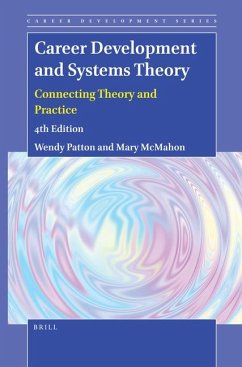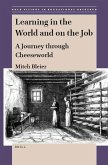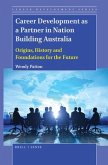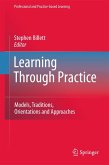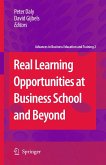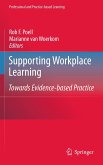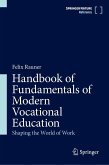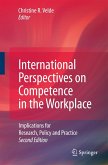This fourth edition of the book attests to the Systems Theory Framework's contemporary relevance. It introduces systems theory and the STF, overviews extant career theory, describes the STF's applications, and highlights the STF's contributions and future directions.
Hinweis: Dieser Artikel kann nur an eine deutsche Lieferadresse ausgeliefert werden.
Hinweis: Dieser Artikel kann nur an eine deutsche Lieferadresse ausgeliefert werden.

